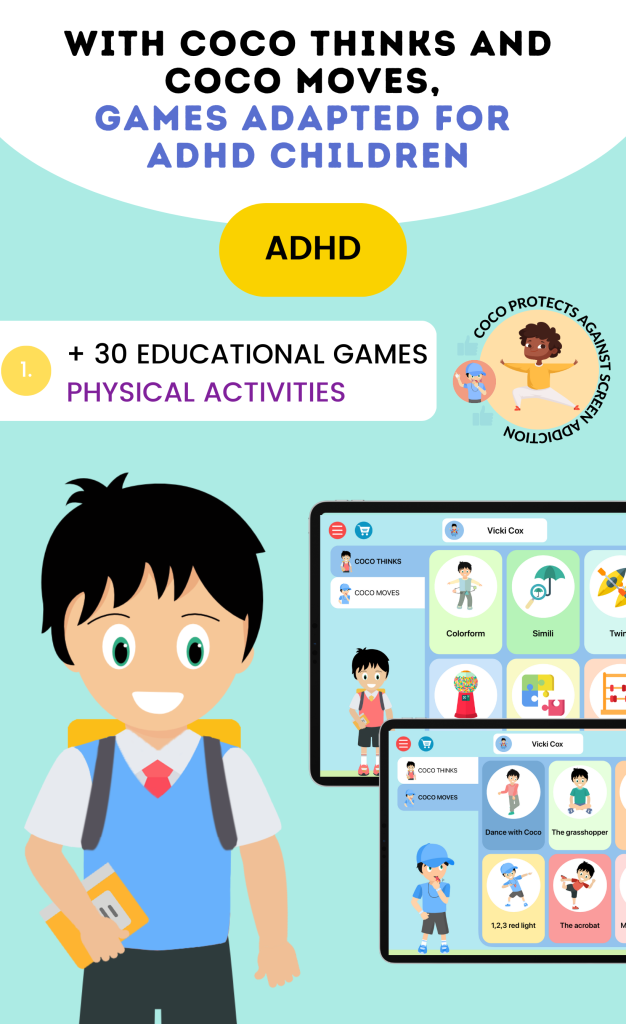Understanding the Importance of SEO in Digital Marketing
Search Engine Optimization (SEO) is a critical component of digital marketing that focuses on enhancing the visibility of websites on search engines. By optimizing content and website structure, businesses can attract more organic traffic, which can lead to increased conversions and sales. Here are key reasons why SEO is essential:
- Increased Visibility: Higher rankings on search engines lead to greater visibility for your brand.
- Cost-Effective: Compared to paid advertising, organic traffic generated through SEO can be more cost-effective in the long run.
- Builds Trust and Credibility: Websites that appear on the first page of search results are often perceived as more trustworthy.
- Improves User Experience: SEO involves optimizing site speed and usability, enhancing the overall user experience.
Key SEO Strategies for 2024
As search engine algorithms evolve, so do the strategies for effective SEO. Here are some key strategies that businesses should focus on in 2024:
- Voice Search Optimization: With the rise of smart speakers and voice assistants, optimizing for voice search is becoming increasingly important.
- Mobile-First Indexing: Ensuring that your website is mobile-friendly is crucial, as Google prioritizes mobile versions of sites for indexing.
- Quality Content Creation: Producing high-quality, relevant content that addresses user intent is essential for ranking well.
- Local SEO: For businesses with a physical presence, optimizing for local search can drive foot traffic and improve local visibility.
The Role of Backlinks in SEO Success
Backlinks, or inbound links from other websites, play a significant role in SEO success. They serve as a vote of confidence from one site to another, indicating credibility and authority. Here’s how to effectively build backlinks:
- Guest Blogging: Write articles for reputable blogs in your industry to gain backlinks and exposure.
- Collaborate with Influencers: Partner with influencers to create content that naturally links back to your website.
- Engage in Community Forums: Participate in online forums and discussions relevant to your niche, providing value and linking back to your site.
- Create Shareable Content: Infographics, videos, and comprehensive guides are more likely to be shared and linked to by others.
Measuring SEO Success: Key Metrics to Track
To determine the effectiveness of your SEO efforts, it’s essential to track relevant metrics. Here are some key performance indicators (KPIs) to monitor:
- Organic Traffic: Measure the number of visitors coming from search engines to assess the impact of your SEO strategies.
- Keyword Rankings: Track your rankings for targeted keywords to evaluate your visibility over time.
- Bounce Rate: A high bounce rate may indicate that your content is not meeting user expectations.
- Conversion Rate: Monitor how many visitors complete desired actions, such as making a purchase or signing up for a newsletter.


